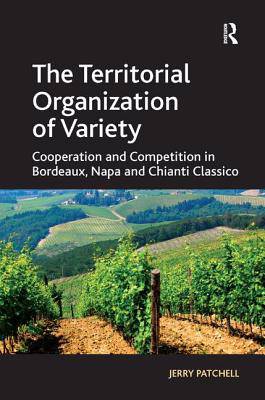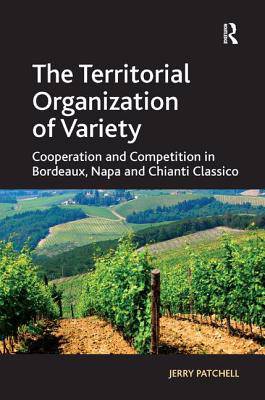
- Afhalen na 1 uur in een winkel met voorraad
- Gratis thuislevering in België vanaf € 30
- Ruim aanbod met 7 miljoen producten
- Afhalen na 1 uur in een winkel met voorraad
- Gratis thuislevering in België vanaf € 30
- Ruim aanbod met 7 miljoen producten
The Territorial Organization of Variety
Cooperation and competition in Bordeaux, Napa and Chianti Classico
Jerry Patchell
Hardcover | Engels
€ 190,95
+ 381 punten
Uitvoering
Omschrijving
Within the modern global economy, the wine industry seems to be an anomaly: thousands of small companies provide a vast variety of highly differentiated products, competing successfully with multinational corporations. This book argues that this is in fact the result of a sophisticated alternative organization of production on the part of the winegrowers, who have developed a set of strategies and tools appropriate to their markets and regulatory contexts.
Specificaties
Betrokkenen
- Auteur(s):
- Uitgeverij:
Inhoud
- Aantal bladzijden:
- 214
- Taal:
- Engels
Eigenschappen
- Productcode (EAN):
- 9781409411451
- Verschijningsdatum:
- 21/03/2011
- Uitvoering:
- Hardcover
- Formaat:
- Genaaid
- Afmetingen:
- 156 mm x 234 mm
- Gewicht:
- 480 g

Alleen bij Standaard Boekhandel
+ 381 punten op je klantenkaart van Standaard Boekhandel
Beoordelingen
We publiceren alleen reviews die voldoen aan de voorwaarden voor reviews. Bekijk onze voorwaarden voor reviews.










